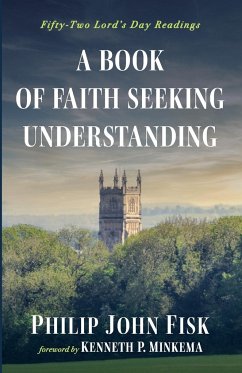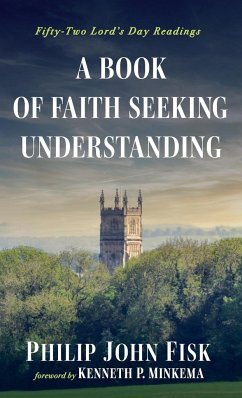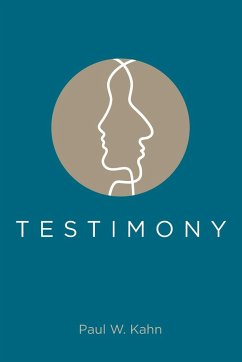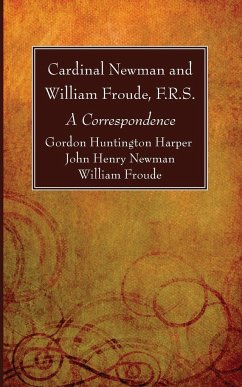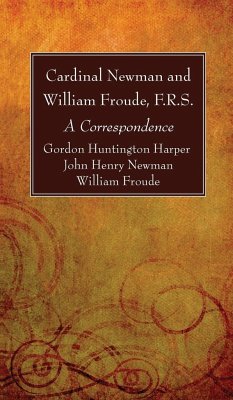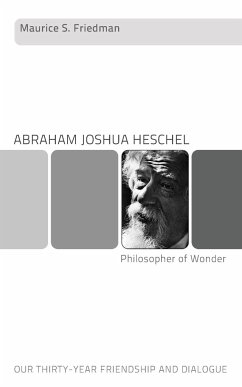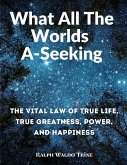Far too often, the God of the philosophers, those who for the most part had no appointment at a university, are the primary sources relied upon by many authors nowadays in their approach to the problem of evil. These fifty-two Lord's day or Sabbath day readings draw the reader into a dialogue with university professors of the late medieval era and sixteenth and early seventeenth centuries. The theme of these literary renditions of yesteryear's debates and disputations is the perennial quest by theologians to exonerate God from the charge that he is the author of evil. The sophistication and complexity of their scholastic method and solutions to the problem of evil may surprise, but hopefully will persuade, modern day readers to rethink their own conclusion about the problem, and to take up and read university theologians who were formerly unknown, all in the spirit of Anselm's faith seeking understanding.

